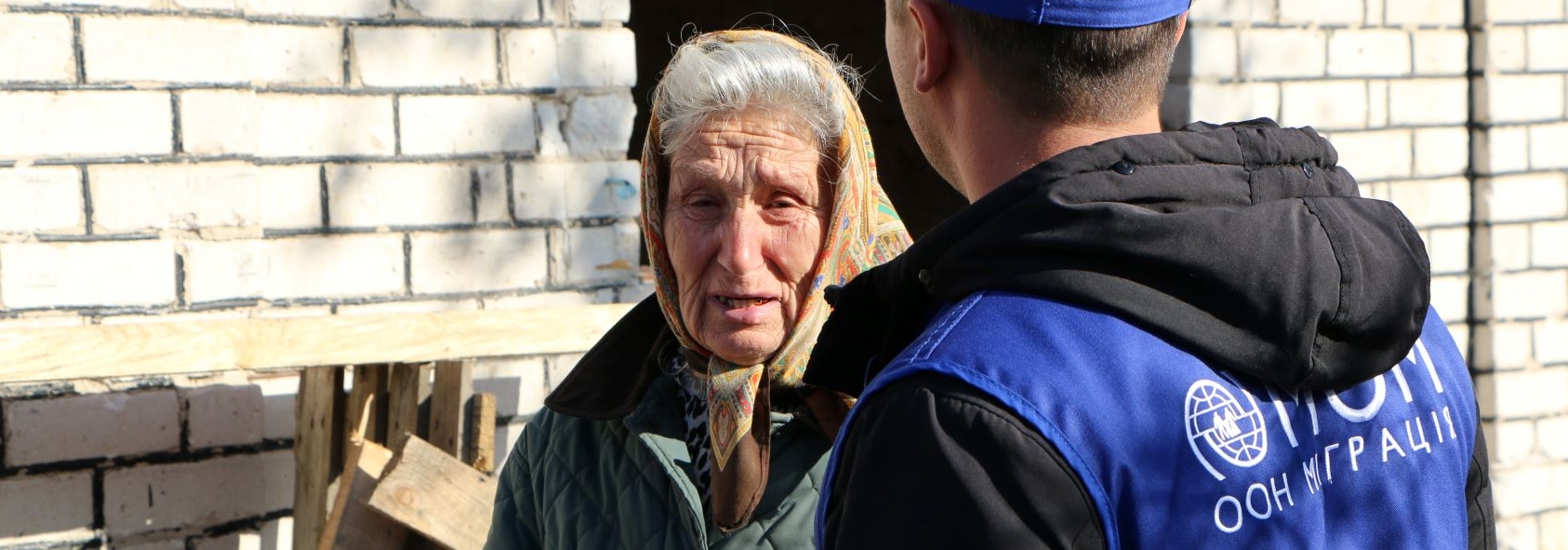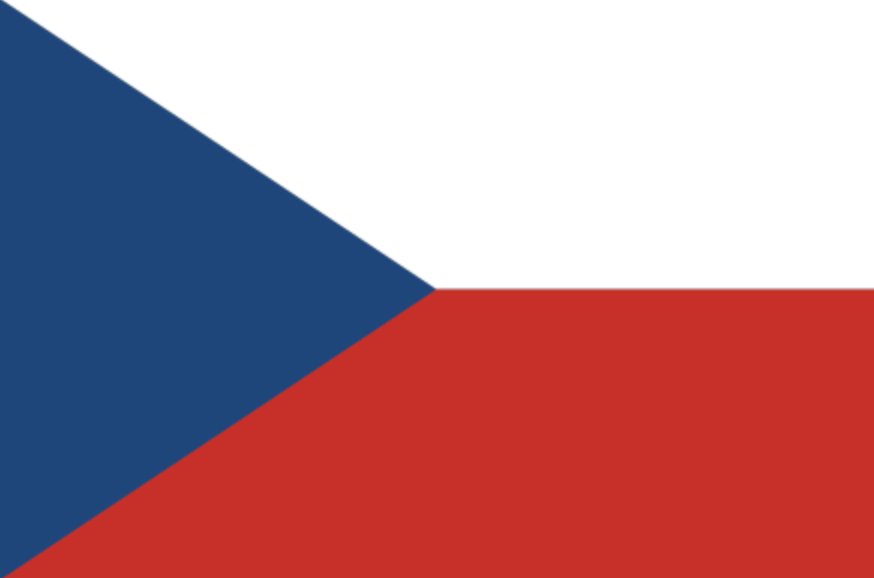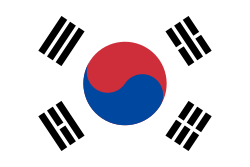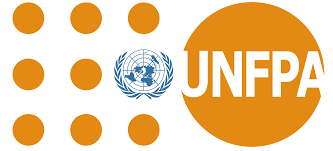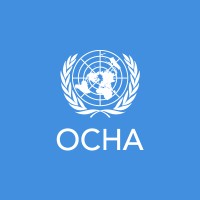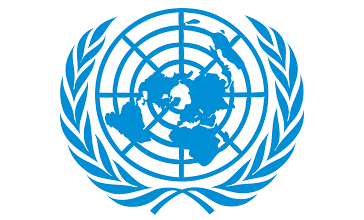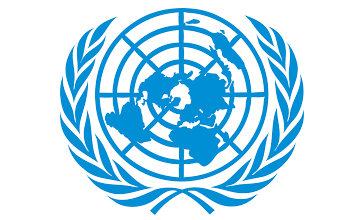IOM Vision
IOM will support Ukraine to ensure the dignity, safety and protection of vulnerable conflict-affected populations. Targeting internally displaced persons (IDPs), refugees, and affected communities, IOM will support the provision of and access to quality services, leveraging active and growing programming across the humanitarian, development and peace nexus. In close coordination with national and regional stakeholders, IOM is engaged in a principled and timely multi-sector response, supporting government partners and local authorities to respond to the crisis and assist affected people, including through early recovery and resilience-building initiatives which enable displaced households to take their first steps toward durable solutions.
Objective
Saving lives and protecting people on the move
IOM will provide critically needed assistance to internally displaced persons (IDPs), refugees, returnees, affected populations, and other people on the move. IOM places a specific focus on vulnerable groups, including single parents, persons with disabilities, children, including unaccompanied and separated children (UASC), older persons, survivors of GBV and human trafficking, and other human rights violations, and those that have been disproportionately affected by a lack of services and loss of livelihoods among others. Planning figures are estimates based on currently available data and may vary throughout the year as the situation evolves.
|
IOM will continue assisting vulnerable people affected by conflict and displacement through the provision of multi-purpose cash assistance (MPCA), and cash for winterization, to cover basic needs in a dignified manner while reducing negative coping mechanisms. The amounts and nature of the assistance are all coordinated with the Shelter Cluster and Cash Working Group. Beyond cash transfers, IOM will additionally seek to promote the self-reliance of vulnerable households through initiatives which seek to support small-scale agricultural sustainability. Accordingly, IOM will:
|
|
IOM has deployed mobile medical teams with implementing partners, providing curative, preventive, and promotive services, including trauma care and psychological counselling, to improve access to primary and secondary health care, including support for non-communicable diseases, and to reduce the burden on the health system in areas of high concentration of displaced populations. The main focus will be to support government health facilities and medical supply-chain, working through implementing partners and directly implementing activities where needed, including:
|
|
In line with the IOM Manual on Community-based Support (MHPSS) in Emergencies and Displacement, IOM has been supporting IDPs, returnees and impacted communities across its response in Ukraine. Activities include the following:
|
|
IOM works with national authorities in Ukraine and other regional and international partners to help establish and maintain adequate response mechanisms and strengthen an integrated approach to border management to facilitate, assist and protect crisis-affected populations crossing borders, and rights-based policies and procedures are in place to guarantee safe pathways. IOM will:
|
|
IOM protection activities aim to prevent and respond to violations of human rights, reduce or prevent threats to life, dignity and well-being, while increasing self-reliance capacities of the affected people, by addressing their needs and upholding their rights. IOM’s priorities include direct service delivery and assistance for persons with protection needs and referrals to specialized services, prevention efforts through awareness-raising and community outreach, and capacity development throughout the response. Protection teams further work closely as part of the wider IOM team both to support protection mainstreaming in IOM’s service delivery and to enable service referrals for protection cases managed by IOM and its partners. This year, priority will be given to direct assistance, capacity building, awareness raising for beneficiaries, and risk assessment and protection mainstreaming across the full spectrum of IOM programming. As part of its protection interventions in Ukraine IOM will:
|
|
With the overall objective of providing safe, dignified and sustainable living conditions and shelter/housing solutions in conflict-affected areas, IOM will continue to provide temporary shelter assistance to affected populations, where shelter conditions are inadequate in Ukraine, in line with cluster priorities. IOM will:
|
|
In Ukraine, IOM supports national and local authorities to mitigate the impact of the conflict on the availability of life-saving water, sanitation, hygiene (WASH) and heating services. In line with cluster priorities, activities include:
|
|
IOM works to enhance local capacities to support IDPs residing in collective centres, shelters, reception and transit sites in a safe and dignified manner. Activities include:
|
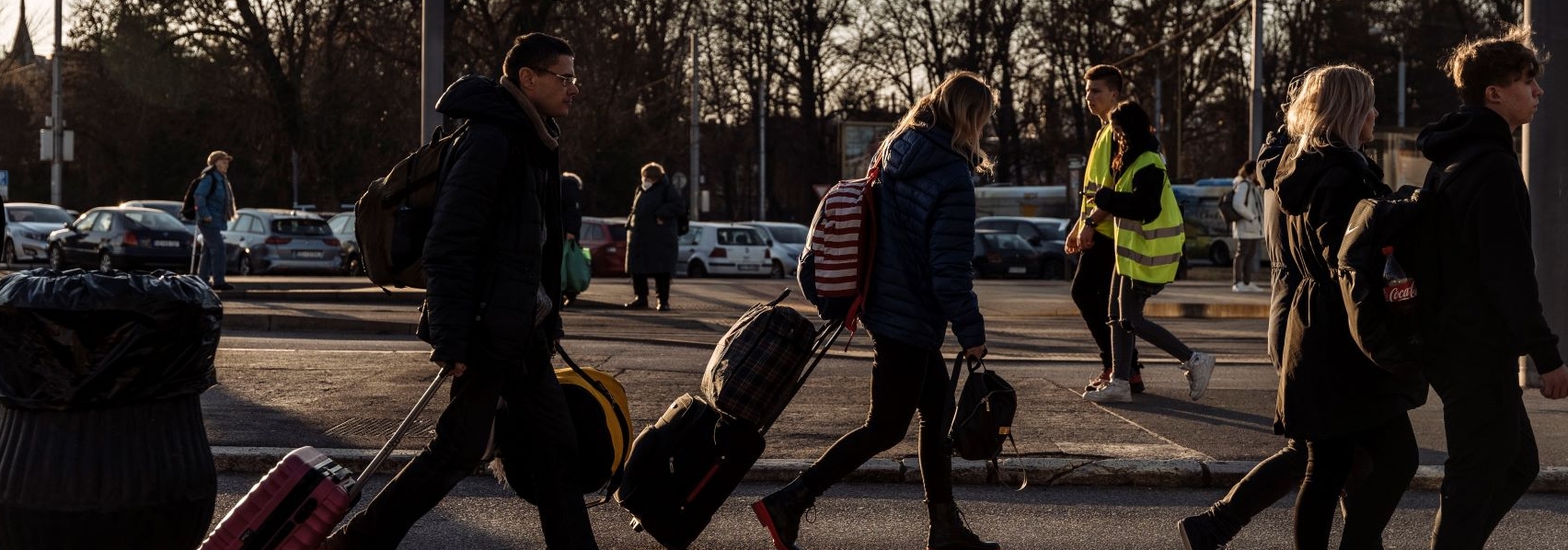
Objective
Driving solutions to displacement
IOM will work together with affected people, communities, civil society, diaspora and the Government of Ukraine to address the longer-term impacts of the war through tailored investments in transition and recovery programming. The focus will be placed on persons with vulnerabilities or in vulnerable situations (including, inter alia, older persons, people with disabilities, women, children, including UASC, survivors of GBV, human trafficking and other human rights violations, and veterans and their families) and communities at risk of further displacement. Returnees and those in newly accessible areas inside Ukraine will receive tailored support emphasising resilience, recovery and progress towards durable solutions.
|
In partnership with the GoU, IOM will contribute to addressing the main barriers to integration and safe and sustainable returns and support IDPs and returnees in achieving a spectrum of durable solutions in conflict-affected communities and newly accessible areas. In line with the IASC Framework on Durable Solutions for Internally Displaced Persons, the UN Secretary-General’s Action Agenda on Internal Displacement, and IOM’s Progressive Resolution of Displacement Situations (PRDS) Framework, IOM's durable solutions strategy is aimed at providing means for IDPs to sustainably resolve their displacement and thrive in their community of return or relocation. IOM will assist IDPs, returnees and households through locally-driven solutions using area and community-based approaches with local authorities at the centre. IOM will:
|
|
Using a durable solutions approach, IOM will support the government-led efforts on recovery and strengthening health systems in affected areas through:
|
|
In line with the IOM Manual on Community-based Mental Health and Psychosocial Support in Displacement and Emergencies, IOM will implement MHPSS activities and support at the individual, family and community levels, contributing to wider efforts to mend social fabrics and strengthen social cohesion in conflict/post-conflict Ukraine. Activities will include:
|
|
IOM will seek to contribute to the prevention, management and resolution of potential conflicts that may arise, also in the post-crisis scenario, at the sub-national level as a driver of displacement and an obstacle to safe return and reintegration. Programming will focus on the individual, community and institutional levels to support advancements of positive peace, strengthen the security sector’s human rights-based approach, and support the reintegration of veterans into civilian life. Activities will include:
|
|
IOM will engage closely with national and local authorities to rehabilitate water, sanitation, hygiene and heating services. In line with the WASH cluster priorities. Activities will include:
|
|
IOM will support the efforts of the GoU towards developing a survivor-centric, comprehensive reparations framework, its operationalization, advocacy and outreach, that addresses crimes and human rights violations related to the conflict, including forced displacement, destruction of property, looting, murder, conflict-related sexual violence (CRSV), torture, enforced disappearances, and forced deportations of civilians. IOM will implement a comprehensive approach, including:
|
|
As part of the IASC Durable Solutions Framework, IOM will address challenges related to housing, land and property (HLP) rights, claims, and restitution, including lost or destroyed official papers, occupied houses or other general need for legal assistance, to remove barriers to return, improve access to public services and support conditions that enable durable solutions, complementing other interventions in facilitating safe, dignified and sustainable return or relocation. IOM will:
|
Objective
Strengthen preparedness and reduce disaster risk
IOM will continue working with communities and Ukrainian authorities on preparedness and disaster risk reduction. The focus will be working with government authorities at the national and local level, communities and civil society to help strengthen capacities to respond to new shocks, due to conflict, natural hazards, disease outbreaks, destroyed infrastructure, and/or environmental deterioration that will have long-lasting consequences and could lead to further displacement or conflict.
|
As feasible and complementary with other programming, IOM will enhance the capacities of the GoU, regional and local authorities, and CSOs to reinforce effective disaster preparedness, particularly related to environmental degradation, pollution and hazards caused by the war, including to human health, fostering adaptation to climate change and ecological pressures across IOM’s programming. IOM will:
|
|
IOM will support the government, response and recovery organizations, war-affected communities and individuals to prepare, respond and recover from the impact of disasters, whether related to the war or natural hazards. In the context of the ongoing conflict, IOM will:
|
|
IOM will invest in preparedness activities in collaboration with the Ministry of Health, the World Health Organization and other implementing partners. IOM will:
|
|
IOM will work with key government partners to enhance the capacities of national and local actors in strengthening the MHPSS response. Activities will include:
|
|
IOM will engage closely with the national and local authorities to preposition key needed WASH and heating equipment to increase capacities to prepare and respond to future shocks, including conflict- and natural hazards-induced displacements. Activities will include:
|
Objective
Contribute to an evidence-based and efficient crisis response system
IOM will support governments, partners and relevant stakeholders in Ukraine by maintaining capacities to collect humanitarian and recovery data, track displaced people’s movements and needs and produce timely and high-quality actionable analysis. Products will be shared and support stakeholders to provide targeted, evidence-based responses to any crises and recovery. Additionally, IOM will continue providing key support services to the full range of humanitarian partners, with a focus on local organizations, namely through the NFI Common Pipeline inside Ukraine and establishing rapid funding mechanisms for local partners.
IOM will continue to act as a key source of critical information on the needs of displaced and general population across Ukraine. IOM reports will continue to provide geographic and demographic breakdowns, needs and intentions of displaced and non-displaced persons, and will specifically target information on vulnerabilities, including children, older persons, and people with disabilities, to enable all stakeholders to target their responses and improve planning. Activities will include:
- Conduct systematic collection, analysis and dissemination of baseline data on internal displacement and returnee population, as well as on the evolving needs of the population groups on the move;
- Disseminate disaggregated information and thematic analytical reports to provide an overview on the severity of conditions in areas of return, among other, for improved programming;
- Produce ad hoc Emergency Tracking reports, providing timely data on the number of individuals displaced due to emerging crises;
- Expand Displacement Tracking Matrix (DTM) assessments such as baseline flow monitoring and mobility tracking within Ukraine, to provide more disaggregated data, including returns tracking and thematic surveys for targeted sectors in addition to the general population surveys;
- Conduct assessments specifically focused on measuring progress among IDPs towards the achievement of a full spectrum of durable solutions (integration, return), as well as thematic assessments focused on recovery needs, resilience, and access to services at the individual or settlement level;
- Analyze DTM data to anticipate movements due to seasonal challenges, such as for example insufficient heating, prices of necessary items such as solid fuel and populations most in need of winterization assistance, including through market-based analyses;
- Promote high-quality data collection coordination and effective dissemination of information across all sectors by co-chairing the Assessment and Analytics Working Group and its sub-national sub-groups, and expanding its lead role on IDP statistics by convening additional multi-stakeholder fora and ensuring engagement of and support to relevant bodies in the GoU (e.g., the State Statistical Service);
- Conduct data collection, analysis and research and widely disseminate the findings to provide a strong evidence base for the broader humanitarian, transition, governmental stakeholders, and academia. Such research will be conducted in all key sectors and will directly contribute to improving the assistance provided in Ukraine;
- Use data collected on needs and assistance provided to returnees in the General Population Surveys (in Ukraine) and in the Crossings back to Ukraine surveys (deployed within neighbouring countries) to facilitate the implementation of programs seeking durable solutions for the displaced;
- Provide targeted capacity development and assistance to stakeholders within the GoU in the sphere of statistics, information management, and analysis, as requested.
IOM has been systematically increasing its warehouse capacity to accommodate the goods procured based on the implementation plans. As of December 2022, IOM has scaled up its own warehouse capacity to 42,688 m2 in total in Ukraine and Slovakia. IOM has been operating 14 warehouses in Ukraine and 2 warehouses in Slovakia, including transportation capacity. In addition to scaling up its own warehousing and transportation capacity, IOM has utilized the supply chain services of the Logistics Cluster and ATLAS in Dnipro and Odesa in Ukraine. This ensures that IOM has the necessary flexibility and alternatives in its supply chain structure, which is key in a rapidly changing environment. IOM will strengthen its support services for response actors in different forms. IOM will:
- Maintain and expand its mechanisms to provide goods and services to the broader humanitarian community, including through the dedicated NFI Common Pipeline programme. This system enables smaller and sub-national organizations to utilize IOM’s global logistics and supply chain footprint to obtain supplies, namely NFI, Shelter and WASH goods for onward distribution to in-need populations;
- Establish and manage a Rapid Response Fund for national humanitarian partners in the country;
- Support partner organizations, particularly NGOs and CSOs, with safety and security trainings (SSAFE and IFAC), and others as needed.
Ukraine
The map used here is for illustration purposes only. Names and boundaries do not imply official endorsement or acceptance by IOM.
Figures are as of 31 December 2023. For more details of IOM's operational capacity in country, please see the IOM Capacity section.

